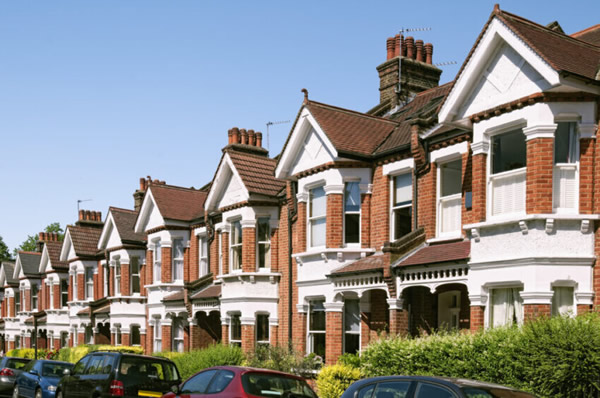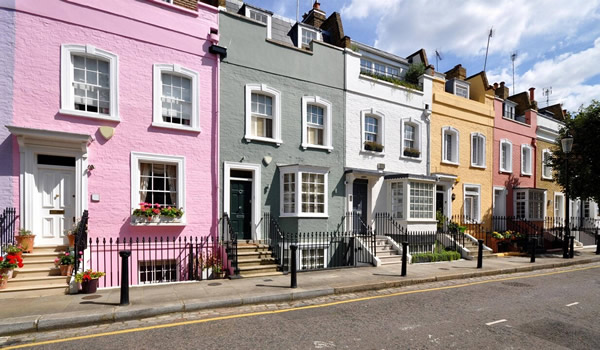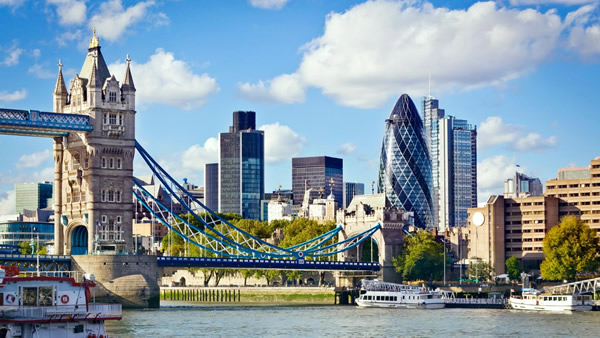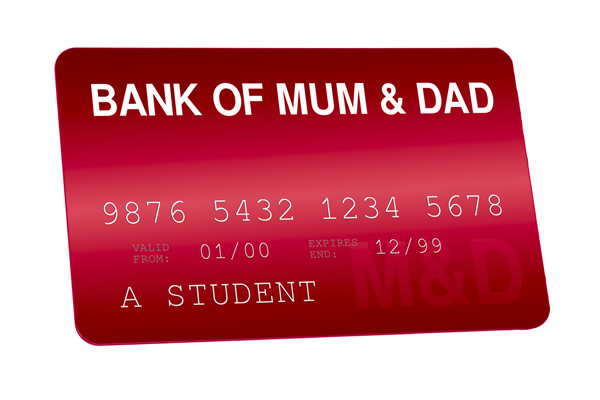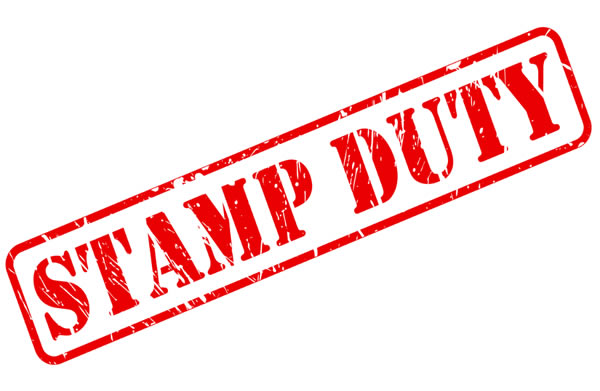England is entering a new four-week national lockdown, and there are several things you should know about. Firstly, the government has said you can still move home during this period, which is set to last until 2nd December, as long as you follow the guidelines. In this article, we’ll explain how this second lockdown will impact the housing market, as well as how the latest restrictions may affect your home move.
Mortgage approvals in September reached their highest number since 2007, according to the latest Money and Credit Statistics from the Bank of England.
The latest statistics from the BoE showed the mortgage market had strengthened on an overall basis last month, with a pick up in both mortgage borrowing and approvals.
The country producing the largest number of buyers of prime London properties is not China, nor from North America or the Middle East as one might imagine.
Instead, it’s France, according to data from Knight Frank.
Is London still an attractive proposition for landlords in terms of rental yields post-lockdown or have commuter towns come to the fore as tenants, whose needs have changed due to Covid-19, driven up demand – and prices – in London’s suburbs thereby providing a more profitable opportunity for buy-to-let investors? Propertista takes a look.
Properties in the high-value Mayfair area stay on the market for 244 days on average, the slowest of all.
Doug Shephard, director at home.co.uk, added: “It is highly noteworthy that, despite the COVID-driven exodus from central urban areas, the more leafy suburbs of London remain highly popular with homebuyers.
Parts of England have been plunged back into lockdown after Prime Minister Boris Johnson announced new measures to help combat the coronavirus pandemic.
Data from Legal & General has found that 56% of first-time buyers aged under 35 have received financial support from the ‘Bank of Mum and Dad’ (BOMAD).
Nearly three-quarters (71%) of new homeowners aged under 35 would not have been likely to buy without financial help from family or friends.
New figures released this morning give weight to calls for the complete scrapping of stamp duty. The data shows there have been 20,238 transactions since the SDLT holiday was launched with a sold value of £6.7 billion.
As many as 85 percent of these transactions have fallen below the £500,000 price threshold and paid no stamp duty thanks to the holiday.
- Buyer demand levels at their highest since early 2019
- Long-term buy to let investment beats other options - new research
- The Football Stadium Towns Winning the Premier House Price League
- Cost of moving home falls by 40%
- House prices to rise by 2% in 2020 before grinding to a halt
- 13% of Properties sold above asking price in August
- How Much Could You Save? Stamp Duty Changes Explained

